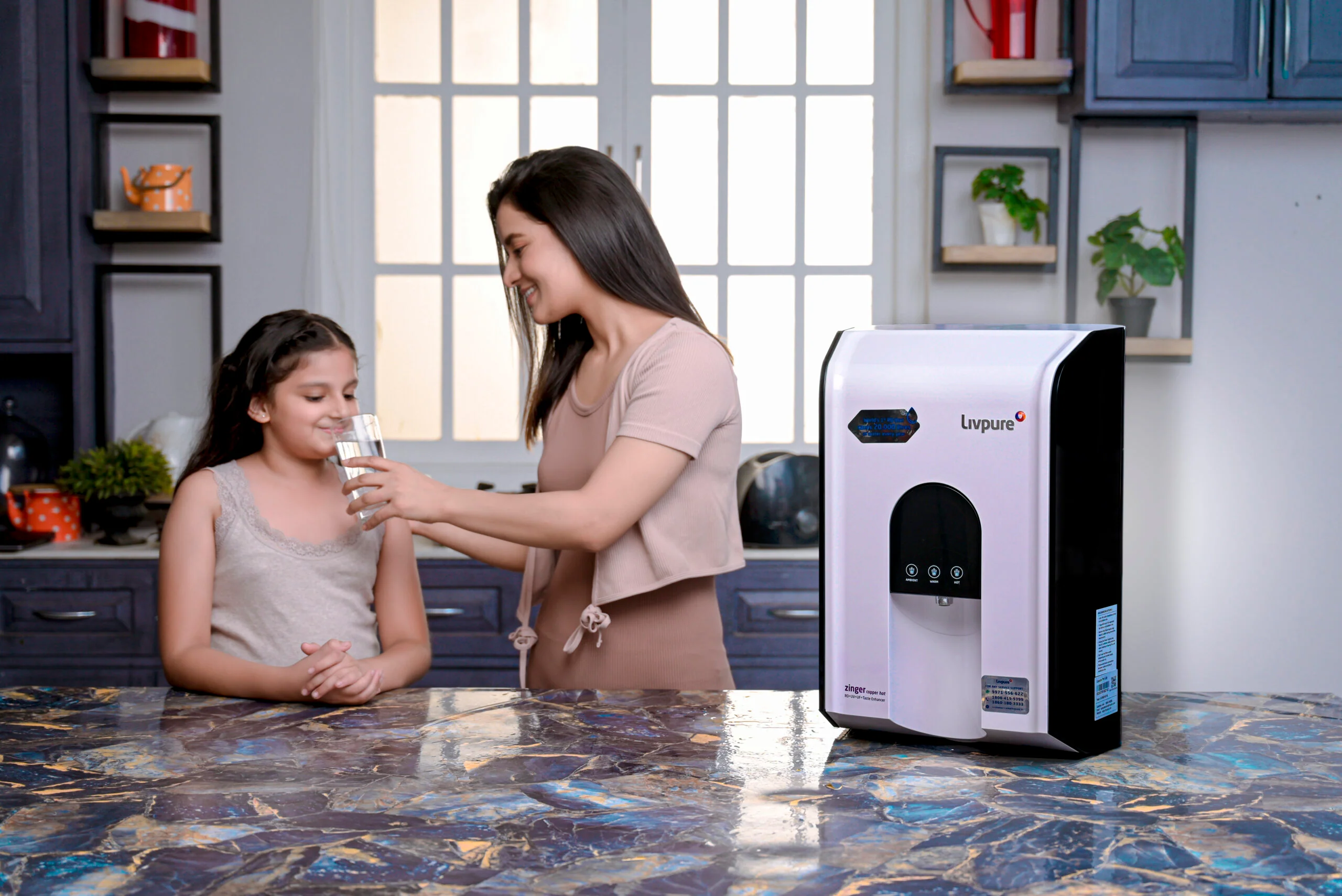
Clean water is not a luxury—it’s a necessity. Ensuring water quality at home begins with selecting the right water purifier (เครื่อง กรอง น้ำ, which is the term in Thai). The choice, however, isn’t always straightforward. Factors like filtration methods, household needs, and ease of maintenance matter. Here’s how to choose wisely.
Understanding Different Filtration Methods
Not all water purifiers work the same way. The method of filtration affects both water purity and taste.
- Activated Carbon Filters: These use activated charcoal to remove chlorine, organic compounds, and unpleasant odours. They’re affordable and improve taste significantly, but they don’t eliminate heavy metals or bacteria.
- Reverse Osmosis (RO) Systems: Ideal for removing contaminants such as heavy metals, bacteria, and viruses. RO provides highly purified water, but installation and upkeep can be costly.
- Ultraviolet (UV) Purifiers: UV purifiers use ultraviolet rays to eliminate harmful microorganisms effectively. However, they don’t filter out chemicals or dissolved impurities.
- Gravity-based Purifiers: These are economical, require no electricity, and suit areas with low contamination levels. Perfect for basic filtration.
Assessing Your Household Needs
The right purifier matches the specific requirements of a household. Consider these points before making a choice:
- Water Source Quality: Identify your water source—municipal, borewell, or tanker. Municipal water typically needs basic filtration, whereas borewell or tanker water demands advanced purification, like RO and UV.
- Family Size and Usage: Larger families need purifiers with higher storage capacity. Smaller households may choose compact countertop options.
- Budget and Maintenance Costs: Evaluate initial investment versus ongoing maintenance. Gravity filters are low-maintenance and economical, while RO systems require regular servicing and filter replacements.
Importance of Certifications
Certifications boost trust in a water purifier. Look for purifiers certified by reputed bodies like NSF International, WQA (Water Quality Association), or BIS (Bureau of Indian Standards). These certifications guarantee the device meets rigorous safety and performance standards.
Ease of Maintenance and Installation
A purifier that’s easy to maintain will last longer and function efficiently. Here’s what to keep in mind:
- Service Availability: Opt for brands offering reliable after-sales service and readily available replacement parts.
- Simple Installation: Choose systems that can be installed easily without significant plumbing modifications unless professional support is included.
Environmental Considerations
Sustainability should also influence your choice. Water purifiers can be eco-friendly in these ways:
- Choose models with minimal waste generation, especially in RO systems.
- Consider purifiers designed with reusable components to reduce plastic waste.
Final Thoughts on Healthy Living
Investing in the right water purifier ensures pure, safe drinking water for your household. It promotes overall health, reduces dependency on bottled water, and contributes positively to environmental sustainability. Careful consideration of filtration method, household needs, maintenance ease, certifications, and sustainability leads to the best choice. Pure living begins here with the simple act of choosing wisely.
